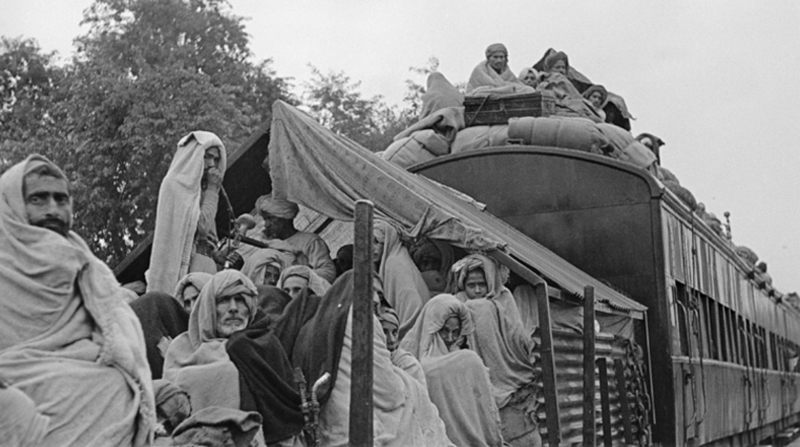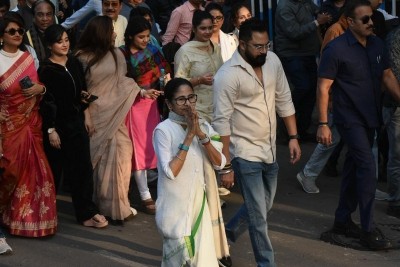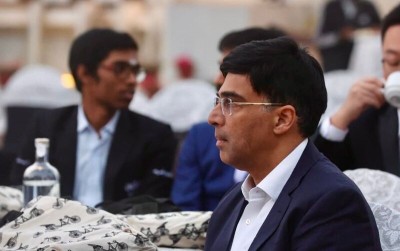 Partition
Partition
Stories of compassion from the 1947 Partition
As India was on the verge of Independence and Pakistan was about to be born, the clock struck twelve. Saffron was the color we chose and Green was theirs. And Punjab? Divided, brutalized, vandalized. Punjab, both East and West, were Red. The red of blood. Of hatred. Of wasted lives.
Red tears, of blood, flowed incessantly from every eye. Red was the hue of Ravi as it filled with the blood of its own children. The blue skies became overcast with Red overnight. Even the fruits and flowers had a reddish tint. They smelled and tasted of blood. Leaves, and trees all reeked of blood. When one broke a branch or plucked a leaf, blood sputtered out. That’s how much blood the soil of Punjab was soaked with.
We have been talking about suffering and bloodshed in Punjab for the past few days. In this last story of the Partition series, I want to draw your attention toward values like compassion, humanity, and courage. We celebrate our 76th independence anniversary this year. I want to share some heart-touching stories of love and kindness, against the brutal backdrop of the most tragic incident in Indian History, which I feel will restore some faith in humanity. At least for my peace of mind, I need some happy stories! And all was not lost, you know. There were Sikhs and Muslims who helped each other too. These stories are heart-touching and heart-warming as they reiterate our belief in the greater good in people.
Surinder Sood or Soi was born in 1937 in Phagwara, Kapurthala District, Punjab. She recalls how her mother toiled day and night to prepare food for Muslim refugees who were traveling from this side of the border to the other.
She distributed the food packets at Phagwara Railway Station and even deployed some people to prepare food at the station itself and provide other necessities too to the refugees.
Zareena Parveen recounted the horrors of her own life during Partition times. She was only 12 years old that morning of June 1947 when mobs of Hindu and Sikh men began targeting Muslims and their properties in her hometown, Patiala (Punjab, India). “My mother was slaughtered in front of my eyes,” she said, her eyes filled with tears and voice quivering. Five of her older siblings, aunts, and uncles were all shot dead in cold blood. Their house was set on fire, killing others who were stuck in. How did she manage to survive? “I was trapped under those bodies for three days. There was little airway in the rubble where I could breathe.”
Parveen’s family were among about 14000 Indian Muslims who lost their lives in Patiala but she survived! As news of massacres reached Indian Army, soldiers arrived and sifted through rubble and mutilated bodies looking for survivors. “A Sikh soldier pulled me out of the rubble and gave me food from his tiffin. He was wearing a dark blue and green uniform.” She doesn’t remember his name but still prays for him. Even decades later.
Eventually, after staying at several refugee camps en-route, Parveen managed to reach Lahore safely and settled there.
August 15, 1947. It was raining in Sargodha (Punjab, Pakistan). Heavy, harsh rain. As if the heavens were symbolizing their fury in the form of rain. But there was no respite for non-Muslims of that area as they carried their meager belongings in bundles, under their arms or clutched dearly, close to their hearts. They had to leave.
They had to leave with the dual fear – of the journey itself as well as their destination, for India was alien to them. Sargodha was their home.
A group of Sikhs; men, and women, with despair and grief written all over their faces, boarded the bus which was scheduled to take them to a refugee camp. Just then a Muslim mob attacked the bus, planning to kill the Sikhs and setting the bus on fire.
However, Malik Ghazanfer Awan, a sub-inspector in the police department of the United Punjab Government, reached the spot with his team and opened fire in the air to dissipate the mob and set the bus safely in motion.
This was only one such instance, Awan saved many Sikh lives and was even presented with a wall clock and gun by the local Gurudwara in-charge as a token of gratitude and appreciation from all Sikhs of the area.
Col. B. S. Sandhu (Retired Indian Army Officer) six years old, living in Moga (Punjab, India), vividly remembers that his maternal grandfather tried, with all his might, to placate other Sikhs in his neighborhood to let go of their hatred and thirst for revenge against Muslims because their religion taught them compassion and forgiveness. He even requested their Mudim friends to leave the area for a safer camp.
He remembers that a Muslim neighbor trusted and respected him to the extent of leaving his three young daughters in his care for a couple of months till he made proper arrangements for his family in Pakistan.
The girls remained with the Sandhu family for quite some months and when the situation became better, they were sent to their father in Pakistan.
Although few and far between, such instances of love and compassion did occur. Most people became barbarians but hope still manifested itself in people like the ones mentioned above.
Many families believed that Partition was temporary. That ‘leaving’ was just for the time being. They thought they would return to their homes and one-day things would be back to normal.
Some Sikhs looked after their Muslim counterparts’ houses and lands for years, waiting for them to come back, to claim all that was theirs. And vice versa. But the divide only become deeper over decades.
Those who left could never return. Nonetheless, these acts of humanity remain. They spread and restore one’s faith in ‘good over evil’.
(Text and Image courtesy: Khalsavox.com)
Support Our Journalism
We cannot do without you.. your contribution supports unbiased journalism
IBNS is not driven by any ism- not wokeism, not racism, not skewed secularism, not hyper right-wing or left liberal ideals, nor by any hardline religious beliefs or hyper nationalism. We want to serve you good old objective news, as they are. We do not judge or preach. We let people decide for themselves. We only try to present factual and well-sourced news.







